Introduction:
Divorce is a emotionally draining process that can introduce sweeping changes into your life. Whether you’re considering initiating the divorce process or have already decided on it, you should be aware of what awaits you. In this article, we offer an exhaustive beginner’s divorce checklist encompassing all the necessary steps and factors to ensure you’re well-prepared every step of the way.
Learning the Fundamentals of Divorce
It’s essential to know what divorce is before getting into the legal technicalities. Divorce is the termination of a marriage through a legal process. Although varying by jurisdiction, most divorce procedures have roughly the same steps. You first need to determine if you wish to have a contested or uncontested divorce.
- Contested Divorce: When both spouses cannot reach agreement on the divorce terms, e.g., custody of children, division of property, and spousal support. Contested divorce tends to involve a court hearing and may be longer and more costly.
- Uncontested Divorce: When both agree on all conditions. It is typically faster and less costly, but still involves legal papers.
Preparing for Divorce: What You Need to Know
Before you start a divorce, it’s important to prepare yourself mentally, emotionally, and financially. This part of the process may include:
- Mental and Emotional Preparation: Divorce is emotionally taxing. It’s essential to have a support network, whether it’s friends, family, or a therapist. Counseling can assist you in dealing with the emotional impact of the process.
- Financial Preparation: Determine your current financial status. Ensure you have available all documents you will need, including bank records, tax returns, and any jointly held accounts with your spouse. If you have children, think about child support and custody plans’ influence on your finances.
Legal Considerations and Filing for Divorce
After you’re ready mentally and financially, it’s time to research the legal process of divorce. Here’s an overview of the legal process:
- Hiring a Divorce Lawyer: Although you can do a divorce yourself, having a skilled divorce lawyer assist you can help navigate intricate legal issues, including the division of assets, spousal support, and child custody.
- Filing the Petition: A divorce petition must be filed by one of the parties in court. This is the formal request for the dissolution of the marriage. The petition states the reasons for the divorce, including irreconcilable differences, abuse, or adultery.
- Serving Divorce Papers: The other spouse must be officially notified of the divorce by receiving divorce papers. If they agree, the process moves more smoothly, but if they contest the divorce, it may lead to a more prolonged battle.
Dividing Assets and Property
One of the most challenging aspects of divorce is the division of property and assets. Depending on your jurisdiction, property may be divided as follows:
- Equitable Distribution: Property is split on the basis of fairness instead of a 50/50 division in most states. The court takes into account the duration of the marriage, the financial contribution of each partner, and the presence of children.
- Community Property: Assets that are brought into the marriage during the time of marriage in states with community property laws are divided equally among both partners.
Make sure to have a list of all shared assets, including property, savings, retirement accounts, and other valuable items.
Custody Arrangements for Children
When children are involved, determining custody and visitation rights becomes a priority. Parents can either work out an agreement on their own or let the court decide. Factors the court may consider include:
- The Best Interests of the Child: The courts give the highest priority to the welfare of the children and consider their age, health, and bonding with both parents.
- Types of Custody: The custody may be joint (jointly held by both parents) or sole (granted to one parent), and visitation rights may be made accordingly.
- Child support amounts are usually calculated based on the income of both parents and the needs of the child.
Finalizing the Divorce: What to Expect
After all the terms are settled upon, the divorce is finalized. This entails:
- Court Approval: A judge will then go over all the documents and agreements. If everything is satisfactory, the judge will sign a final divorce decree. That legally ends the marriage and states the terms of the divorce, including custody, division of assets, and support.
- Post-Divorce Matters: After the divorce, there might be additional steps, such as changing your name or updating beneficiary information on insurance policies and retirement accounts.
Moving On: Life After Divorce
Once the legal process is done, it’s time to think about your future. Divorce can be a new beginning, and although there can be obstacles, it’s a time for healing and personal development. Get help from professionals if necessary and establish new routines to concentrate on your personal well-being and happiness. Do you know about Brighton Butler Divorce.
FAQs
How long does a divorce take?
The length of a divorce will depend on such things as whether it’s contested or uncontested, how complicated the issues are, and the court calendar. Uncontested divorces might take a few months, but contested divorces can take more than a year.
Do I need to hire an attorney to file for divorce?
Yes, you can file for divorce without an attorney, particularly if it’s an uncontested divorce. Nevertheless, it is advisable to hire an attorney in complicated cases since they can assist with legal documents, negotiation, and representation in court.
Do I have to appear in court for a divorce?
You might have to go to court hearings, particularly if your divorce is contested or the judge must hear the details of your settlement. Uncontested divorces might only need a final hearing to finalize the divorce.
Can I change my divorce settlement later?
Yes, divorce settlements can be changed if there is a significant change in circumstances. This is particularly common for child custody or support arrangements, but it usually involves a court hearing to make formal changes.
Conclusion
Divorce is never simple, but preparation can ease the divorce process and reduce stress. By using this complete checklist, you can guarantee that you’re covering all the necessary elements of the divorce process, from emotional readiness to legal procedures and steps after divorce. Don’t forget to seek professionals when needed in order to lead you through this difficult life experience. If you wish to learn more about divorce laws and procedures in detail, try visiting authoritative websites such as LegalZoom.

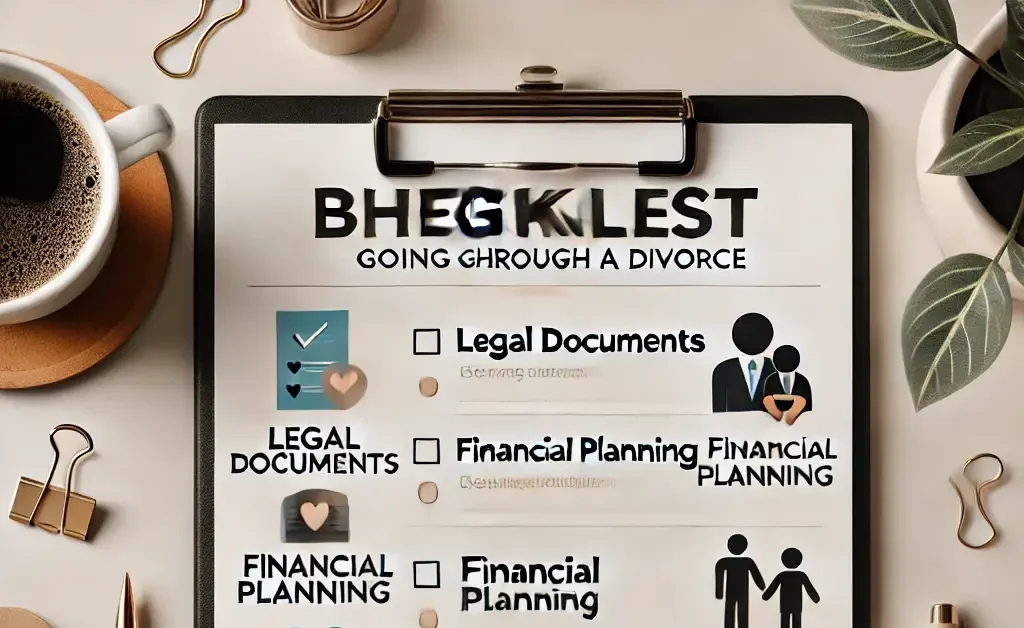
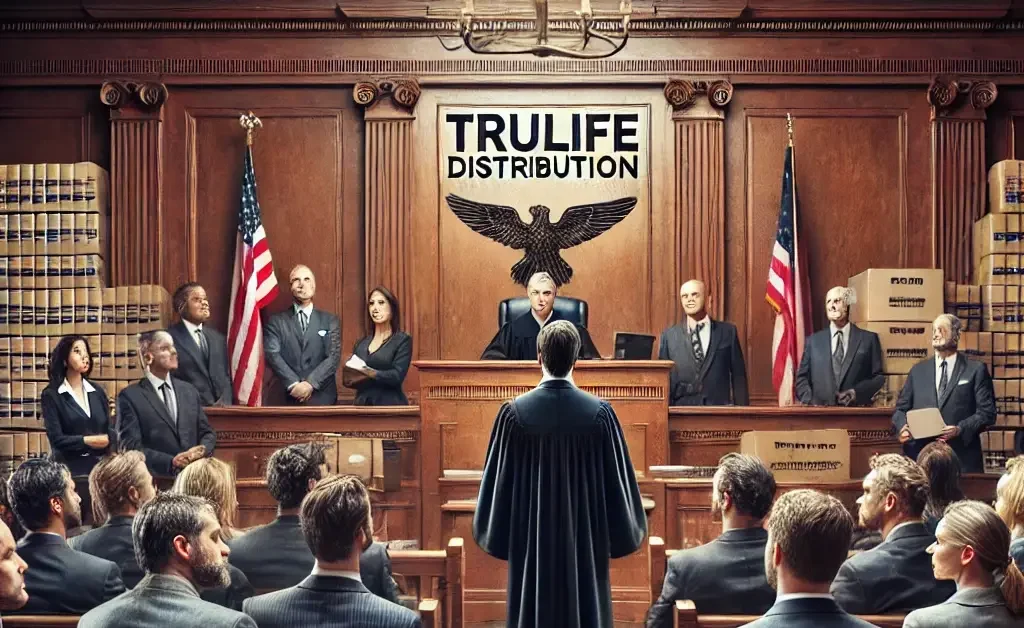
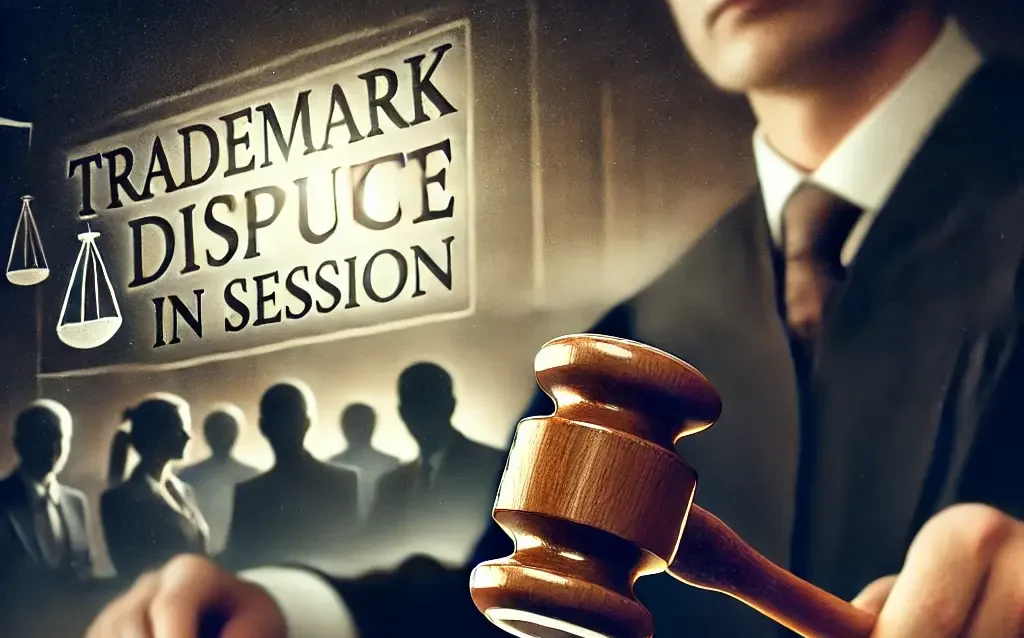

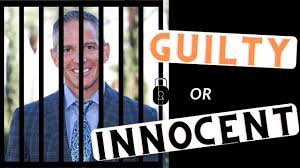

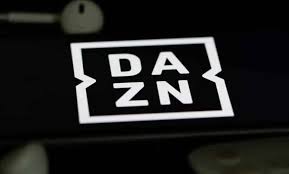
One thought on “What to Expect: A Comprehensive Divorce Checklist for Beginners”